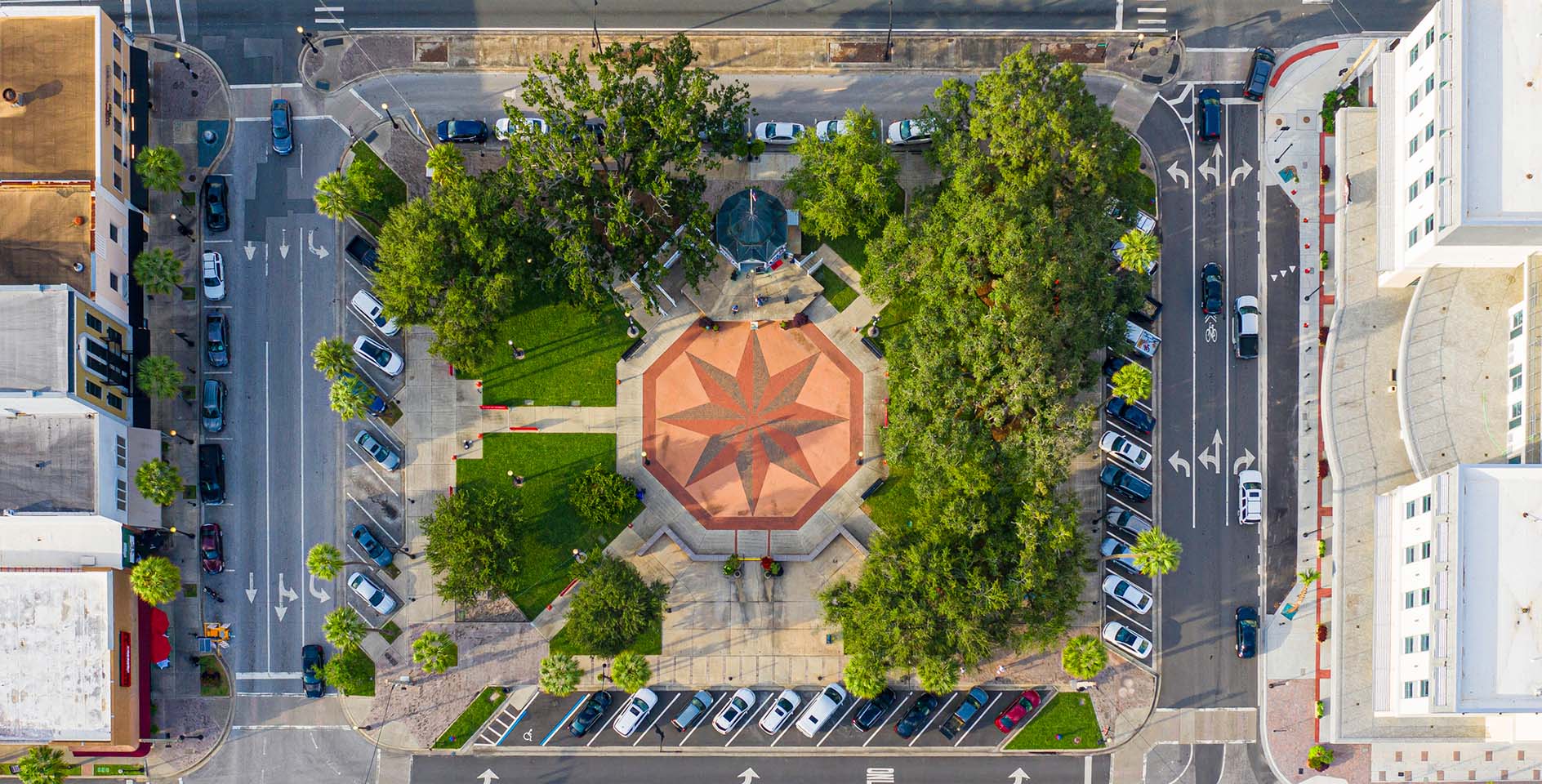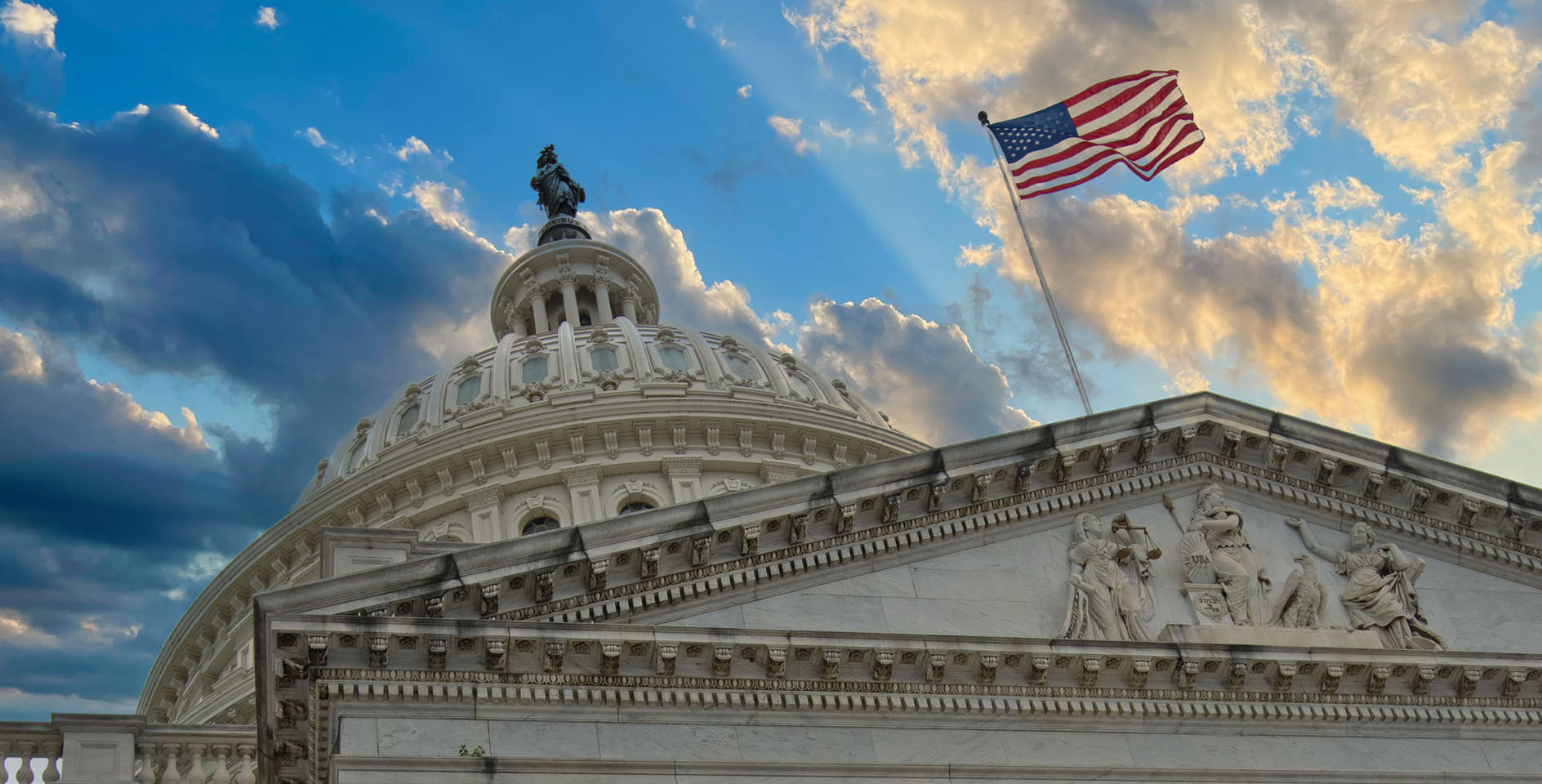American society is becoming increasingly diverse. As that happens, the public square becomes a crowded, and sometimes hostile, place. At times it seems there is no longer room for meaningful public debate. But is there a way forward? Recently, I had the privilege of interviewing John Inazu, author of the book Confident Pluralism: Surviving and Thriving through Deep Difference. In the book, Inazu sets forth a framework for public square engagement that allows citizens to live according to their convictions while actively participating in a diverse society. Below, John answers questions about the book and his model for public engagement.
JW: John, thanks for taking the time to do this interview. Please tell us a little bit about your personal and academic background.
JI: Thanks for having me. I live in St. Louis with my wife, Caroline, and our three kids: Lauren, Hana, and Sam. We’re members of Central Presbyterian Church, and I serve on the board of InterVarsity Christian Fellowship.
I have engineering and law degrees from Duke (can I say “Go Devils” on this site?), and I also have a PhD in political theory from a school down the road from Duke. I teach at Washington University, mostly in the law school, but this fall I will also co-teach an undergraduate law and religion class. Before becoming a law professor, I practiced law for four years as an active-duty Air Force attorney at the Pentagon, served for two years as a high school youth ministry director, and read a lot of books.
JW: Obviously you are interested in the First Amendment and the public square. Can you talk about what prompted you to write Confident Pluralism? What were your aims for the book and what audience were you hoping to engage?
JI: I wrote my first book on the First Amendment’s right of assembly. (That book is a bit pricy on Amazon, but you can download a free PDF.) The purpose and values underlying the right of assembly include protecting difference and dissent in our communities and our ways of life—issues related to living in a pluralistic society. As I started to think about a second book, my initial plan was to write a theoretically oriented argument about pluralism and democracy. But my friend, Andy Crouch, and my graduate school advisor, Jeff Spinner-Halev, persuaded me to write for a broader audience. Confident Pluralism is a serious book, but I worked hard to find compelling examples and avoid academic jargon. As an example, I frame my chapter on the First Amendment’s public forum doctrine around the popular television show, Parks & Recreation.
JW: The idea of pluralism has been around for a long time, but it is still widely misunderstood. In your view, how should people think about pluralism?
JI: The most important idea that Christians need to understand about my argument is that pluralism does not mean relativism. To be sure, some prominent philosophical arguments for pluralism embrace a kind of relativism that is incompatible with Christian faith. But simply recognizing the deep differences that actually exist in our society—and the ways that those differences challenge our own assumptions and vocabulary—does not mean capitulating to relativism.
JW: You emphasize in Confident Pluralism that you are not seeking to settle debates over which view is right or wrong. That idea may sound strange to many people of faith who are very concerned about discerning and demonstrating truth. Can you explain the difference for us? Can Christians, and adherents of other faiths which make exclusive truth claims, be faithful to their confession while embracing the idea of pluralism?
JI: You’re right that many Christians are wary about this part of my argument (which relates to the concern about relativism in the previous question). I think in some cases this is because they haven’t taken seriously enough the “confident” part of confident pluralism. Here is how Tim Keller and I put it in a recent article in Christianity Today:
“Our engagement in the world is made possible by our confidence in the gospel, even in a pluralistic society where others have profoundly different beliefs. We won’t always be able to persuade those around us that our beliefs are right and others are wrong. Indeed, some of our most important beliefs stem from contested premises that others do not share. But recognizing the existence of these disagreements should not prevent us from holding to what is ultimately true. Our beliefs can be true, and we can hold these warranted beliefs confidently even though others reject them.”
JW: Today’s public square has become a rather messy place. How do you respond to those who contend that the culture is simply closed off, or too far gone, for significant civil discourse or public debate to take place?
JI: There are a lot of challenges to discourse and debate in our culture. Social media exacerbates these problems—our words today are more public, portable, and permanent than they have ever been before. Still, I don’t share the deep pessimism of some Christians, as I explain in this response to Carl Trueman’s review of my book in First Things. Even those who are more pessimistic than I am might remember that first century Rome was not exactly friendly to expressions of Christian faith. Yet Christians in those days continued to serve their neighbors and engage with the culture around them.
JW: In the book you differentiate between the personal and legal dimensions of Confident Pluralism. Can you explain these categories for us? Are these dimensions currently functioning well in our society or are they under threat?
JI: The legal dimension of Confident Pluralism focuses on three areas: (1) protecting the voluntary groups of civil society through the rights of assembly and association; (2) facilitating and enabling dissent, disagreement, and diversity in public forums; and (3) ensuring that generally available government funding is not limited by government orthodoxy. The personal dimension of Confident Pluralism aspires toward tolerance, humility, and patience in three civic practices: (1) our speech; (2) our collective action (including protests, strikes, and boycotts); and (3) our relationships across difference. The personal and legal dimensions are interrelated. Silencing other viewpoints may begin with personal antipathy, but it ends with legal prohibition—a refusal to extend the protections of the law to one’s adversaries, and ultimately, an effort to turn the law against them.
Washington Post columnist Michael Gerson recently wrote that “what is frightening about Inazu’s account is how weak the foundations are in current legal interpretation for this type of generous pluralism.” He’s right. Constitutional doctrine in the areas that matter most to pluralism (the right of association, the public forum, and the free exercise of religion) is weak and unstable. That doctrine needs to change. I don’t think enough people realize how bad the law is in these areas. Too many people assume that constitutional safeguards will protect them just because something is in the text of the Constitution or because James Madison spoke highly of a particular right. But that’s not how the law works—for better or worse, courts and administrative agencies have a great deal of power to shape the meaning and scope of constitutional rights.
JW: If you could press any thought into America’s consciousness, what concept or belief would you want the public to embrace? What do you think is the greatest hope for the future of America’s public square?
JI: That’s a big question. I suppose I wish we all saw each other more as human beings instead of as labels and abstractions. We need to realize that we are in this together, and that the “we” cannot simply be the people who look like us and think like us. Christians ought to be leading by example in this area, and too often we do not. Russell Moore is right that “this election has cast light on the darkness of pent-up nativism and bigotry all over the country.” And too many white Christians are complicit in personal and systemic beliefs and practices that contribute to this darkness. I hope and believe that the resources of Christianity are deep enough to lead the church into a better and more authentic engagement with the world around us. But we also have a great deal of work to do in our own house. We can’t expect to have a credible witness in the public square if we don’t have it in the fellowship hall.
You can learn more about Confident Pluralism on John’s website. And for further thoughts on the intersection of his book and Christian theology, see these articles:
“Pluralism Doesn’t Mean Relativism,” Christianity Today (April 6, 2015)
“5 Guidelines for Living in a Pluralist Society,” Christianity Today (October 10, 2014)
“Religious Freedom vs. LGBT Rights? It’s More Complicated,” Christianity Today (July 16, 2014)










